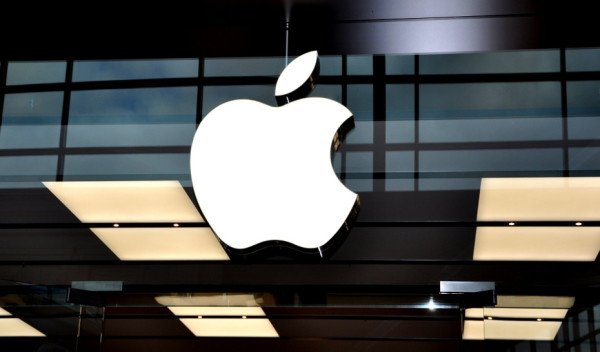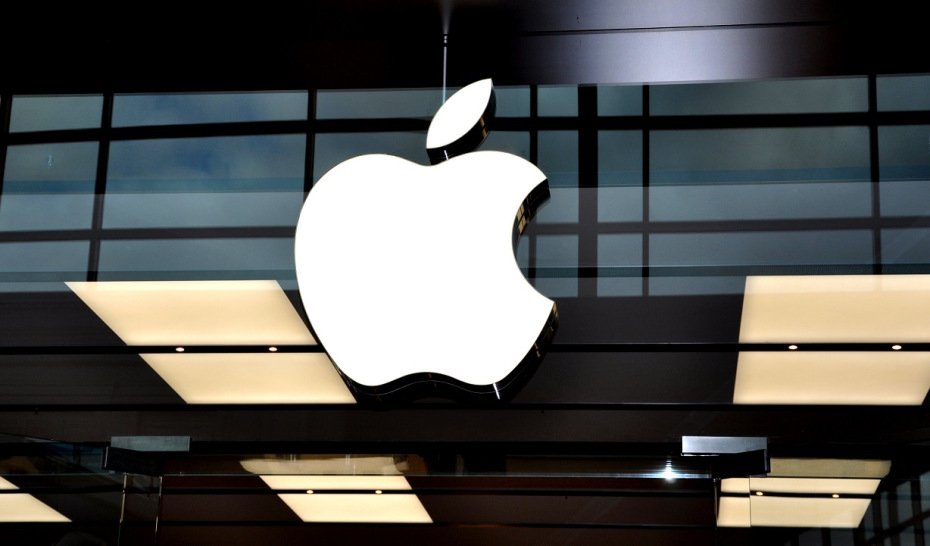Apple could be forced to pay billions of dollars in back taxes in the Republic of Ireland by EU competition officials.
The final ruling, expected on August 30, follows a three-year probe into Apple’s Irish tax affairs, which the EU has previously identified as illegal.
According to the Financial Time, the bill will be for billions of euros, making it Europe’s biggest tax penalty.
Apple and the Irish government are likely to appeal against the ruling.
Under EU law, national tax authorities are not allowed to give tax benefits to selected companies – which the EU would consider to be illegal state aid.
Rulings made by the Irish government in 1991 and 2007 allowed Apple to minimize its tax bill in Ireland, EU authorities said.
Apple’s company structure enabled it to legally channel international sales through Ireland to take advantage of that tax deal.
On August 30, EU competition commissioner Margrethe Vestager is expected to give an estimate of how much Apple will have to pay back.
However, it will be up to Irish authorities to calculate the exact amount.
The investigation into Apple and similar probes into other US companies have been criticized by US authorities.
Last week the US Treasury Department said the European Commission was in danger of becoming a “supra-national tax authority” overriding the tax codes of its member states.
Brussels was using a different set of criteria to judge cases involving US companies, the US Treasury warned, adding that potential penalties were “deeply troubling”.
Tax laws are currently based on the movements of physical goods, leaving large loopholes that modern companies can exploit, he said.
Apple is not the only the company that has been targeted for securing favorable tax deals in the EU.
In 2015, the commission told the Netherlands to recover as much as €30 million from Starbucks and Luxembourg was ordered to claw back a similar amount from Fiat.
